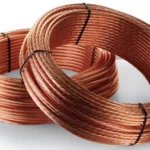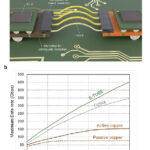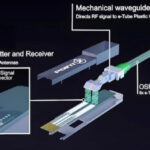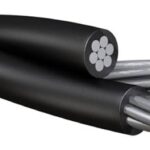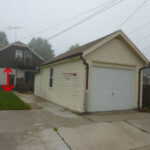Metal Clad (MC) cable is a type of armored electrical cable designed for durability, flexibility, and safety in both residential and commercial wiring. It consists of insulated conductors enclosed in a metallic sheath—usually aluminum interlocked armor—that protects the wires from physical damage and environmental hazards.
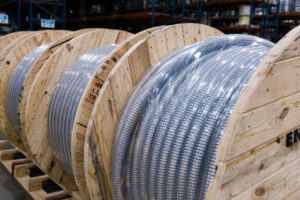
If you’re wondering what metal clad cable is used for, the answer is simple: it’s a versatile wiring solution suitable for a wide range of power, lighting, and control applications.
Key Features of Metal Clad Cable
Durable Armor: Provides mechanical protection against impact, crushing, and rodents.
Flexible Design: Easier to install than rigid conduit systems.
Code Compliance: Recognized by the NEC (National Electrical Code) for many indoor and outdoor uses.
Grounding: Often includes a bare or insulated ground conductor for safety.
Common Uses of Metal Clad Cable
1. Commercial Buildings
MC cable is widely used in office buildings, retail spaces, and schools because it provides robust protection while allowing faster installation compared to conduit.
Lighting circuits
Receptacle outlets
HVAC equipment connections
2. Industrial Facilities
In factories and warehouses, MC cable is used for:
Power distribution to machinery
Control circuits
Motor connections
Its metal sheath withstands harsher conditions and mechanical stress.
3. Residential Applications
Although less common than NM-B (Romex) cable in homes, MC cable is often required in areas where extra protection is needed, such as:
Apartments and condos with code restrictions
Exposed wiring in basements or garages
Kitchens and laundry rooms with heavy appliances
4. Healthcare Facilities
Specialized types of MC cable (such as hospital-grade MC) are used in hospitals and clinics to ensure low smoke, low flame spread, and grounding integrity for life-safety systems.
5. Fire Alarm and Emergency Systems
Red-jacketed MC cables are often used for fire alarms, emergency lighting, and signal circuits because of their durability and code approval.
Advantages of Using MC Cable
Time-Saving: No need to pull conductors through conduit.
Cost-Effective: Lower labor and material costs compared to conduit systems.
Versatile: Approved for both concealed and exposed installations.
Safe: Provides mechanical protection and meets strict electrical codes.
Where MC Cable Cannot Be Used
While MC cable is highly versatile, it cannot be used:
Directly buried in soil (unless specially rated)
In wet locations without moisture-resistant jacket
In hazardous (classified) locations unless approved types are used
Conclusion
Metal Clad (MC) cable is a durable and flexible wiring solution widely used in commercial, industrial, and certain residential applications. Its armored design makes it ideal for areas where wiring needs extra protection against mechanical damage while still being easier to install than conduit.
When planning an installation, always check local electrical codes and ensure the correct type of MC cable is chosen for the environment.

